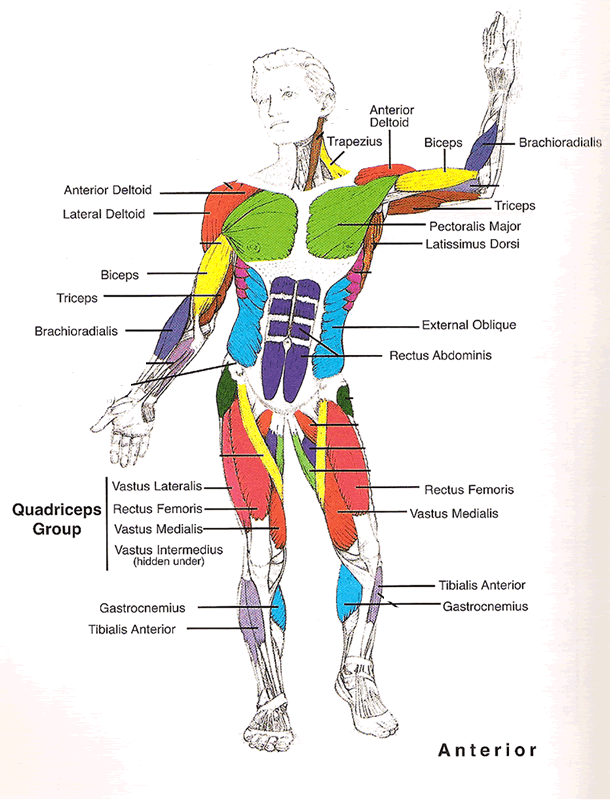Training advice for injured dancers.
Make sure you know your weaknesses and tell your teachers and trainers – it is stupid not to.
As a dance educator I believe it is very beneficial, if not essential, to have a good understanding of you personal anatomy and nutrition. As a dancer, this has been a huge advantage by understanding my muscular strengths and weaknesses, also muscular and skeletal imbalances. Nutrition wise I know how to optimally fuel my body for training, preforming and recovery.
If nothing more it is good to understand general anatomy with the primary focus towards the origin and insertion of muscles – or the muscles that you use most – for all you dancers using turn out, pirimormis is one to definitely know.
Knowing this info will help recovery by self massage and save you time and money if you can see a physio or massage therapist with a general idea of what you think might be going on with your body, instead of saying my back hurts, or my leg hurts.
The reason why I am highlighting this is because today I was talking to a dancer who was watching me work out in the body conditioning room at the London Contemporary Dance School. We go talking and she told me she was going to the gym more often to aid the recovery in an injured knee. I was finishing off a set of deadlifts at the time and about to go on to squats. She said she had been doing these and felt that they had helped. I proceeded to ask her about her ramge of motion in these exercises and advised /suggested to her that working through a full range of motion at a light weight or even body weight would be beneficial to her overall recovery. Conversation continued on for a little longer and then I got back to my training.
After my seession I was talking to the dancers regular body conditioning tutor who informed me that the dancer in question had just received her knee scan back form the hospital and she had next to no meniscus in her left knee. This was shocking to hear because the dancer was very casual about their injury making out it was a recovery from minor surgery and was on the mend – it turned out to be a genetic degeneration of the meniscus.
What this means is that my general/casual advice regards to her training is possibly less than beneficial.
What I am getting at here is to know your self and your specific limitations well enough and clear enough that you can let a teacher or trainer know in the future.
This, by no means, has to limit your future dreams and goals, but by understanding cause and effect of a specific limitation your journey might be easier or possibly become a good defining quality you can offer.

















